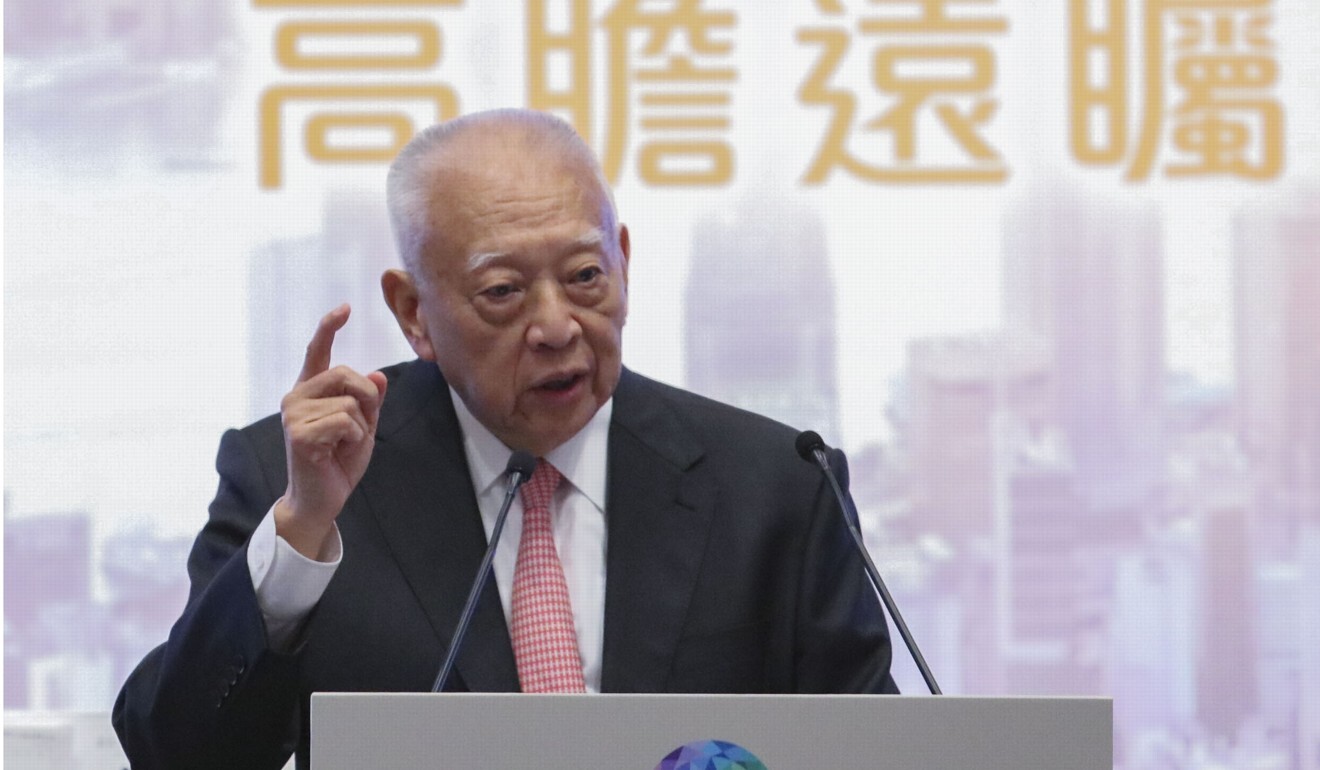
First volume of ‘Chronicles of Hong Kong’ launched as part of HK$780 million, eight-year project
- Organisers deny scheme – which aims to publish a total of 30 million words over eight years – is a political mission by the central government
- The project aims to complete 66 volumes by 2027, telling the stories of Hong Kong as part of China from ancient times to 2017
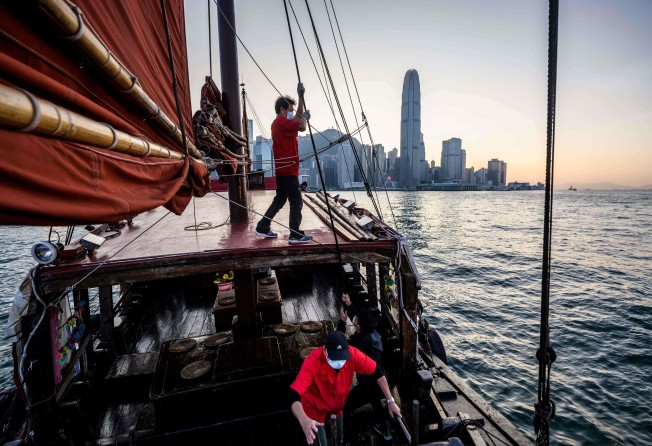
The first volume of a perceived semi-official version of Hong Kong’s history has been launched with an aim to reconnect people with their Chinese roots under a massive project led by the think tank of the city’s first post-handover leader, Tung Chee-hwa.
Unveiling the first book of the “Chronicles of Hong Kong” series on Monday, the organisers denied the HK$780 million project – which aims to publish a total of 30 million words over eight years – was a political mission by the central government to push for patriotic education.
“This is definitely not something politically driven. This is something we in the community have been longing for over many years,” said Executive Council member Bernard Chan, chairman of the executive committee of the Hong Kong Chronicles Institute.
“Hong Kong, together with Macau, are the only places in the whole of China that do not collect our own chronicles.”

The project, by the think tank Our Hong Kong Foundation, aims to complete 66 volumes by 2027, telling the stories of Hong Kong as part of China from ancient times to up to 2017.
Tung praised the chronicles for documenting history in an “accurate” and “objective” way, while incumbent leader Carrie Lam Cheng Yuet-ngor said she hoped the project would help Hongkongers better understand their country and boost their national identity.
“Hong Kong has been part of the territory of China since ancient times and its history is closely intertwined with the country’s development,” she said in a pre-recorded video. “I hope the chronicles will help one understand Hong Kong’s close ties with the mainland.”
The project, led by the institute set up last year under Tung’s foundation, traces the development of Hong Kong from ancient times to up to 2017, covering 7,000 years. It was sponsored by the Hong Kong Jockey Club Charities Trust and a number of foreign and Chinese conglomerates.
In addition to history, the chronicles will detail aspects of society such as politics, economy, people, culture and geography, among others. The plan is to complete the full set by 2027 to mark the 30th anniversary of Hong Kong’s handover.
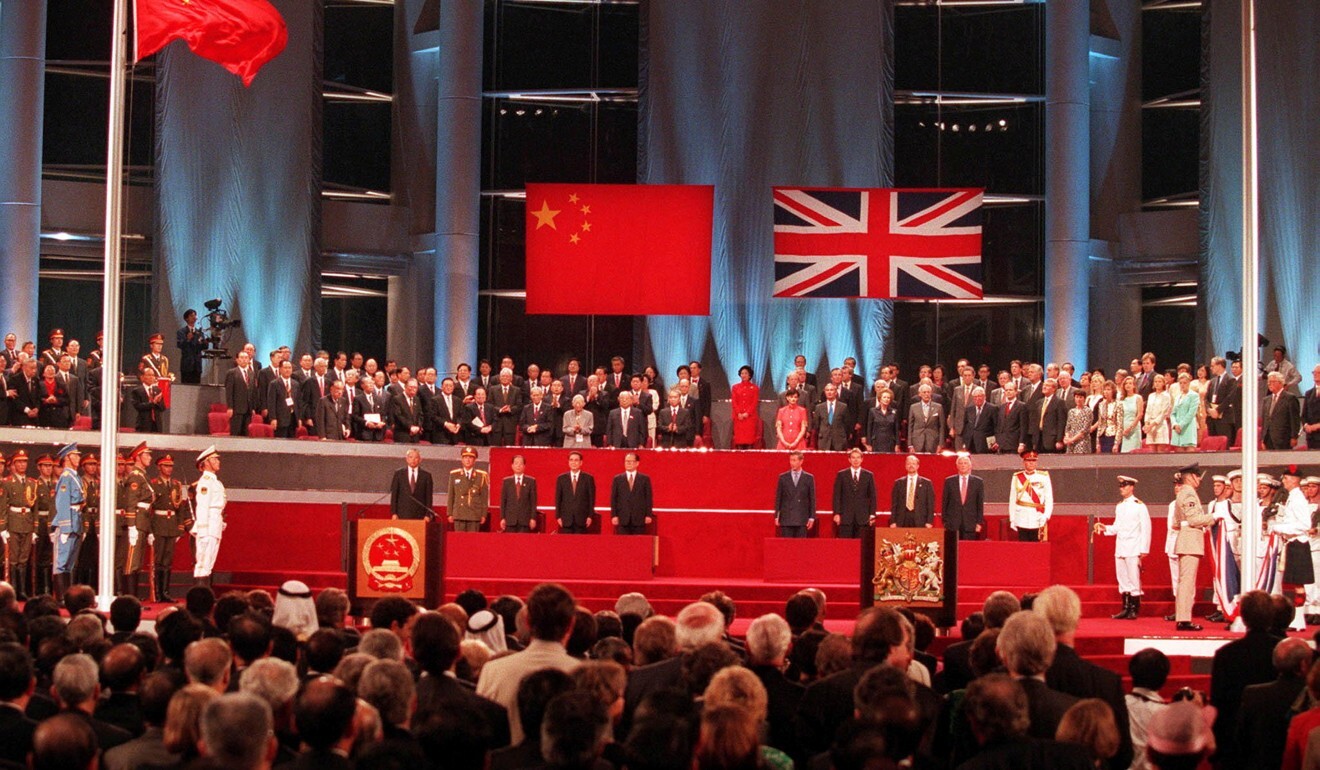
A senior institute staff member, who spoke on the condition of anonymity because of policy, said: “Amid the rise in calls for independence here in recent years, the chronicles can explain to people that Hong Kong has since the start of its history been a part of China. Some people lost touch with their roots because Hong Kong had been under colonial rule for too long. We try to reconnect them.
“We should not see it as Beijing trying to brainwash Hong Kong people.”
But critic and veteran China watcher Johnny Lau Yui-siu saw it as a “political mission” ordered by the central government to push for patriotic education.
“Ever since the ancient Chinese dynasties, the rulers have compiled local chronicles. It is the official version of the history of a place. It tells about the cultural roots of the place and how it has developed into what it is now. It is to instil a sense of identity in the people to the place,” Lau said.
“It will be interesting to see how the foundation’s chronicles are going to handle topics like the 1967 leftist-led riots, the British Hong Kong government’s bid to introduce more democracy in the city, and the local democracy movements after the 1997 handover.”
Chan said the idea was floated more than a decade before social unrest – sparked by the now-withdrawn extradition bill – broke out in Hong Kong last year.
The foundation’s participation in the project followed a doomed attempt by a team of Lingnan University history scholars, who spent more than 12 years but failed to publish anything, citing a lack of funding and government support.
“There is no direct funding from the government, although the government gave us an endorsement that helps,” Chan said. “Chief Executive Carrie Lam also reiterates the government will not interfere with the work that we do.”
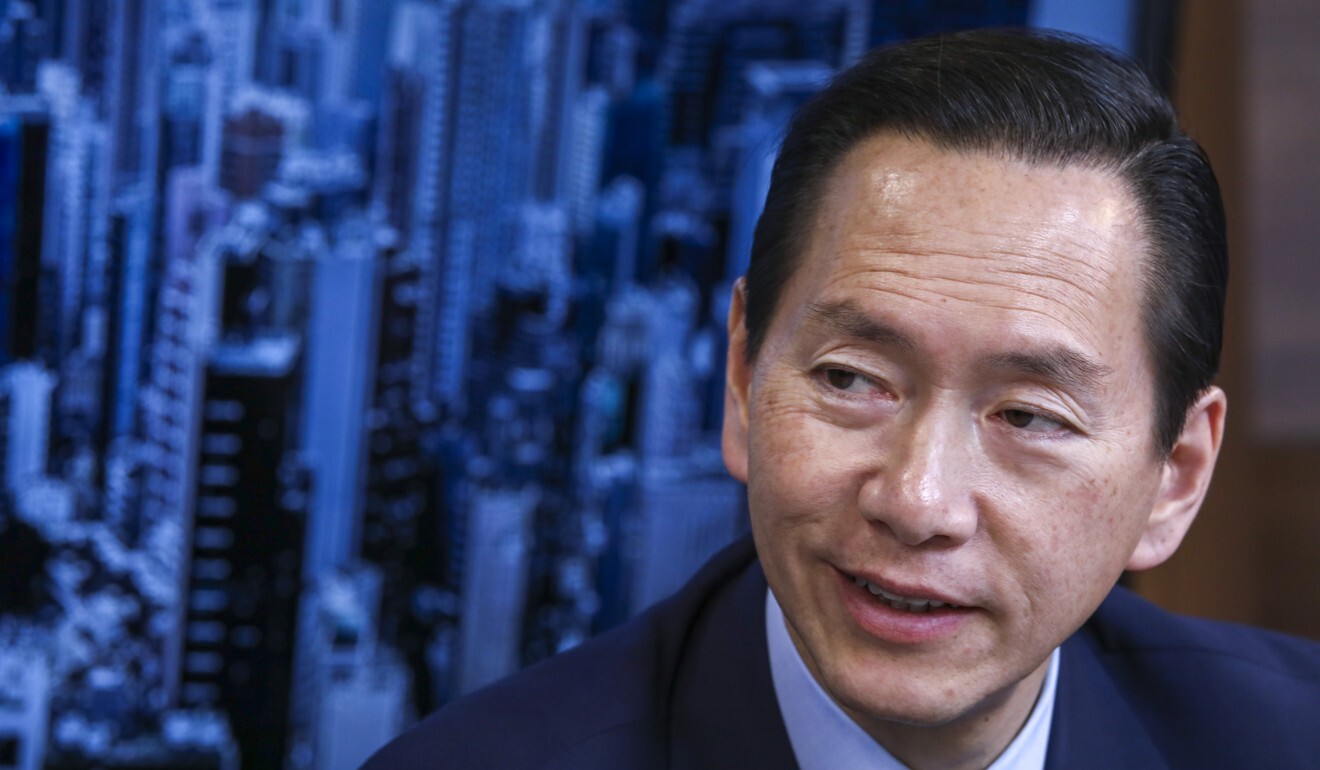
Asked how the team would handle sensitive topics such as the 1989 Tiananmen Square crackdown, Professor Lee Chack-fan, chief convenor of the project’s academic review committee, insisted “not a single person could intervene in the drafting process” and that the scholars would strictly play their gatekeeping role to ensure everything was factual.
The chronicle stated that more than 200,000 Hongkongers took part in a rally following what it called the “June 4 incident in Beijing”, without describing events in the capital. It also said the 2014 civil disobedience campaign for universal suffrage in Hong Kong was “an illegal Occupy Central movement”, which “spun out of control” as protesters spread to Causeway Bay and Mong Kok after police attempted to disperse the crowd in Admiralty with tear gas and pepper spray.
While the editorial process was led by a team of scholars including Lee, and historians Professor Lau Chi-pang and Professor Joseph Ting Sun-pao, the institute’s executive committee was dominated by pro-establishment figures, including Elsie Leung Oi-sie and Maria Tam Wai-chu, respectively the former and incumbent vice-chairman of the Basic Law Committee under the National People’s Congress Standing Committee.
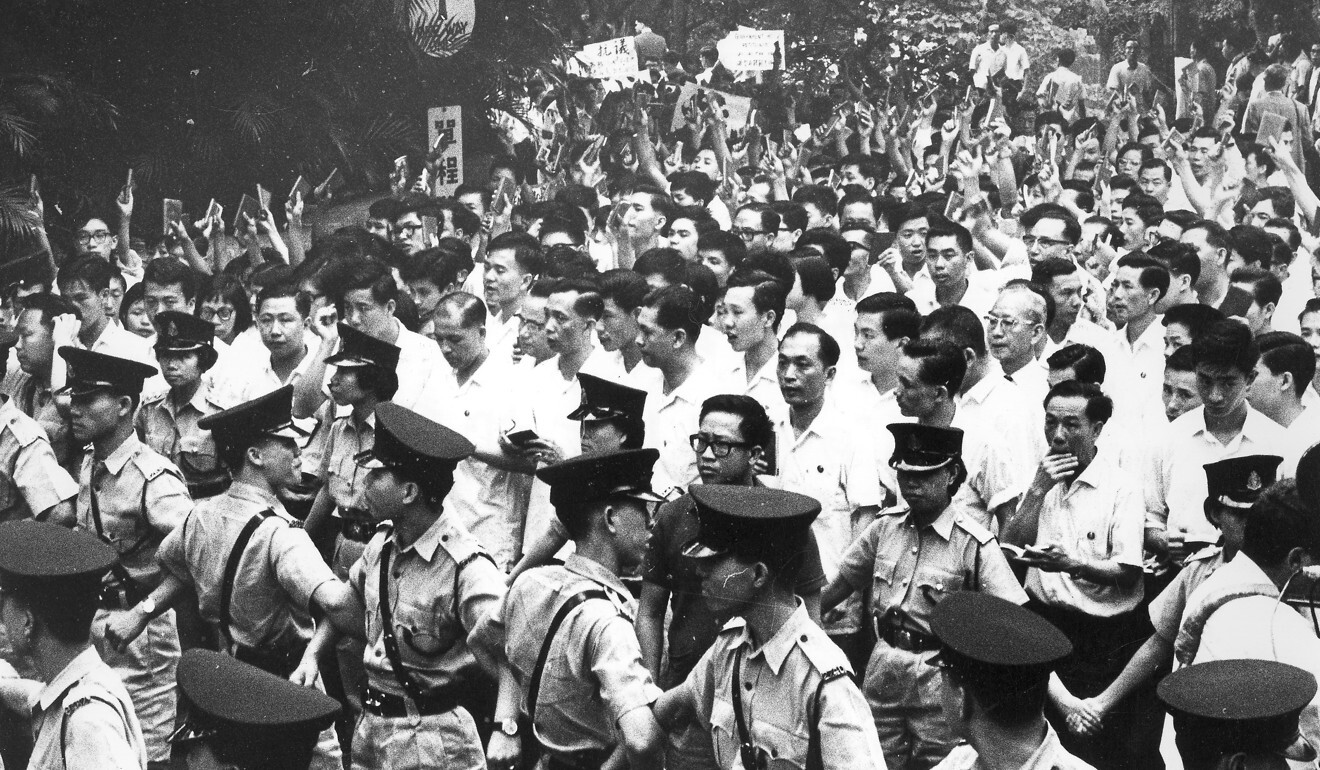
The editorial committee, aided by primary sources gathered from newspaper collections and archives in Hong Kong, Dongguan and Britain, said it recorded numerous events that were not readily available among mainstream history books.
“We hope to create a teaching kit for teachers and parents,” said Professor Lau, explaining the committee’s vision for the chronicles’ planned use in the education sector.
According to Lingnan University’s Professor Liu Shu-yong, who also sits on the committee, the project is important to Hong Kong as it is the first non-government sponsored chronicle in Greater China.
Former opposition lawmaker Ip Kin-yuen, who used to represent the education sector, had earlier said schools should not be forced to use the chronicles as formal history teaching materials.
“Tung’s backing will unavoidably give people the impression that it is an official push for national education. What matters is that it will not be regarded as the only authoritative or the sole version of Hong Kong history. Other views and other perspectives should also be allowed to be discussed in schools or in the society,” he said.
In China, the compilation of local chronicles has a history for more than 2,000 years and can be traced back to the Qin dynasty. The last chronicles to include Hong Kong were completed in 1819, when it was still part of Xinan county during the Qing dynasty.
Calls for local chronicles began after the handover. In 2003, the Cultural Development Commission appointed by then chief executive Tung recommended the government compile the “Chronicles of Hong Kong”.
“We must understand our history before we can introduce our cultural heritage to others,” the commission said in a report.
The central government has promoted the publication of local chronicles since 1957. In 2006, it promulgated the Regulation on the Work of Local Chronicles, which requires local authorities to publish an updated edition of the chronicles every 20 years.
During a visit to the Capital Museum in 2014, President Xi Jinping told cadres to “pay high attention to compile history books and chronicles”, “to tell people about historical wisdom, to inspire national pride and self-confidence, to strengthen the confidence and determination of all the people to rejuvenate China and to realise the Chinese dream”.
The following year, the State Council issued the National Local Chronicles Enterprise Development Plan 2015-20.